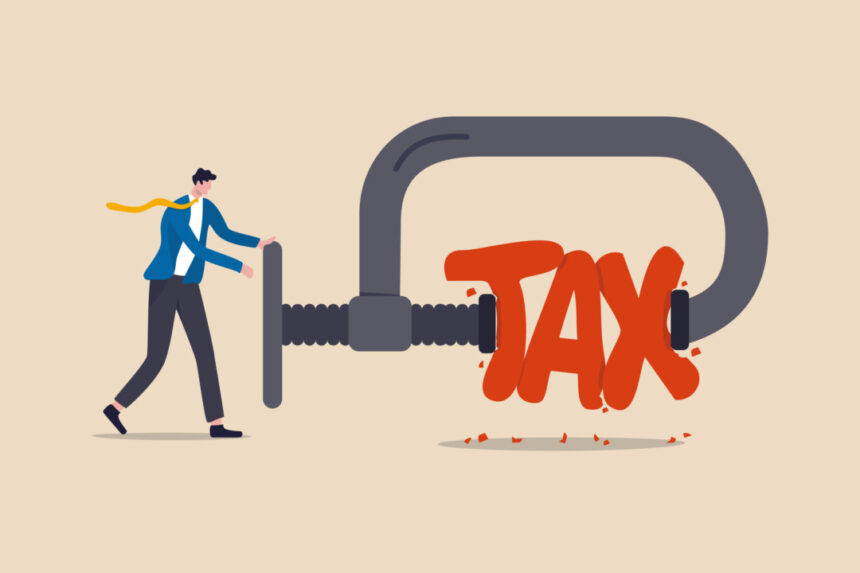Commentary
Do you want to keep more of your hard-earned money? Most likely, yes.
Wouldn’t it be even better if you could keep all the money you make, like back in the days before 1913? Probably yes.
Recent policy trends seem to be moving in this direction, which I see as a positive development. Once again, the desires of the people align with what’s best for the country as a whole.
While many economists criticize special tax breaks for distorting production decisions, it’s undeniable that these breaks do redirect resources towards certain sectors. For example, the home mortgage deduction drives resources into housing that might have gone elsewhere. The tax code is filled with similar breaks for various purposes.
Contrary to traditional economists’ objections, I believe that offering tax breaks is a positive step. Allowing people to keep more of their earnings is inherently good for economic growth.
The recent promises made by politicians to eliminate certain taxes and provide more tax breaks are encouraging. This trend started with Donald Trump and has since been picked up by others.
By reducing or eliminating certain taxes, such as on tips, Social Security benefits, car loan interest, and more, we can stimulate economic growth and benefit individuals.
Replacing income taxes with tariffs could be a beneficial move for American prosperity. The historical context of income taxes and tariffs suggests that a shift towards tariffs could have positive outcomes.
Eliminating income taxes and simplifying the tax system could lead to a more efficient government and greater individual freedom. It’s time to rethink our tax structure and move towards a system that benefits everyone.
The current discussions around tax breaks and deductions are a step in the right direction towards a fairer and more efficient tax system. This “bidding war” over tax policies could ultimately lead to a more equitable and prosperous society.
The steps being taken are incremental towards ultimately getting rid of the income tax, which is exactly what needs to happen.
In journalism, it is common for reporters to question politicians proposing tax breaks on how they plan to pay for it, as if all income and property belongs to the government first. This mentality implies that allowing people to keep their own money is like giving something away, when in reality, it is reducing theft.
Just like if someone was stealing from your front porch, you wouldn’t be expected to figure out how they will sustain themselves once they stop stealing. Similarly, the government should focus on cutting spending and selling assets to address the growing deficit, rather than increasing taxes.
The government owns a significant portion of land in the country, which could be sold to generate revenue to pay off the debt. While more tax breaks may complicate the tax code, most people would prefer a more complex system if it means paying less to the government.
It is refreshing to see a shift in policy away from excessive taxation, which could eventually lead to the elimination of the income tax through expanding exemptions. Trump’s business background makes him no fan of taxes, and more tax breaks could benefit everyone.
The trend of reducing income taxation sends a positive message about property rights and the ability to keep what is rightfully yours in the United States. This principle is essential for economic growth and prosperity.
Source link






